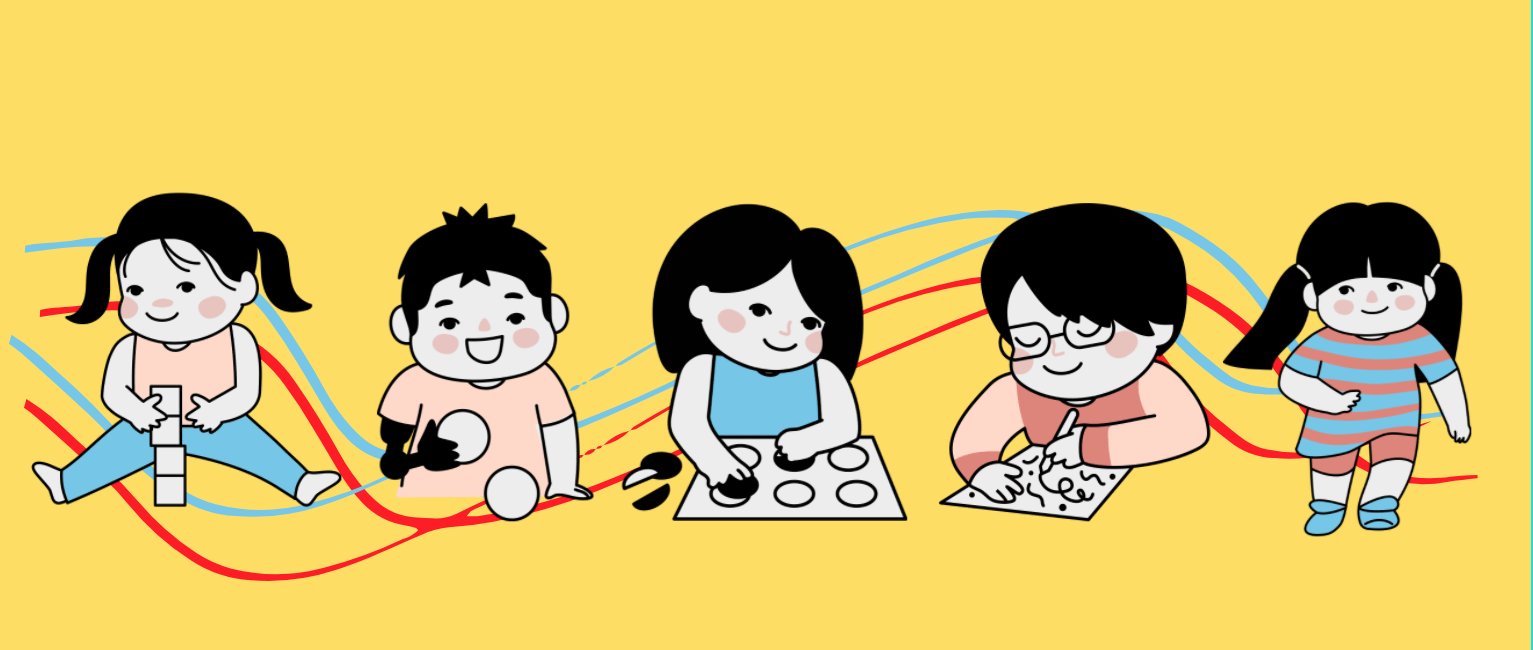Developmental Origins of Child Neurodevelopment: Novel approaches to clinical risk prediction using an international meta-dataset
|
Approximately 250 million children under 5 years, worldwide, are at risk of delayed development. Early neurodevelopmental delays (ENDs) are associated with poorer educational, economic, and health outcomes across the lifecourse. As developmental interventions during this period have enduring positive impacts, identifying children at risk early is key to targeting interventions within this window of sensitivity.
While it technically challenging to assess neurocognitive skills during early infancy, the use of risk profiles presents an alternative, low-cost strategy for the identification of children at risk. However, as yet, there is no such tool to identify, at scale and across international populations, children at high risk of ENDs. Multiple prenatal, perinatal and postnatal risk factors (including prematurity, growth, and health) have been associated with ENDs. However, patterns of associations vary between populations limiting the generalisability of findings. |
Understanding risk factors associated with developmental delay, is key to identifying, as early as possible, children at high risk of delay. To study this, this Project will bring together already collected data from 9 studies, representing 8,015 children from 13 high-, middle- and low-income countries. For all children, neurodevelopment at 2 years was measured on the INTER-NDA test. The Project will examine associations between early risk factors and ENDs using hierarchical association analyses; identify risk clusters and construct models to predict risk of developmental delay during early childhood. The resultant models will be validated in an independent study from Mysore, India (n=500). The Project’s key hypothesis is that these risk models will satisfactorily predict ENDs, and if proven, these findings will be translated into an online, open-source tool for early identification of developmental delay in children based on clinical, growth and sociodemographic information at birth and at 1 year.
|









